Disputes, disagreements, and discord are all part of the human experience, and they’re often accompanied by animosity, ill will, antagonism, and even outright hostility. Conflict has many faces, but learning to effectively manage and resolve conflict can reveal hidden benefits and positive outcomes.
Positive effects from conflict may seem counterintuitive, but studies have shown that conflict can actually prevent social systems from becoming rigid and inflexible, thereby opening opportunities to manage conflict for innovation and creativity.
The term “positive conflict” is used to describe such outcomes. However, “positive” doesn’t mean that conflict is good, per se. Instead, it means that the conflict led to something beneficial.
Positive conflict:
-
Is creative and constructive
-
Can lead to innovative ideas and solutions
-
Gives the parties new perspectives and breakthroughs.
What Is Conflict Management?
Conflict management and resolution are best understood as a set of skills that can be learned, and they are like two sides of a coin.
Conflict management refers to an overall process or methodology that increases the positive aspects of conflict while limiting the negative. An effective conflict management process also defines various approaches, which may be formal or informal, to resolve differences so that two or more parties can find a peaceful solution to their dispute.
Conflict management and resolution professionals develop the insights and tools that help encourage groups, societies, and entire cultures to move beyond the potentially destructive and violent aspects of conflict in order to maximize and embrace its positive, creative potential.
Why Study or Specialize in Conflict Management and Resolution?
Though careers in conflict management have grown in popularity, there’s still plenty of room for many more professionals to take up the cause. Perhaps that’s why the Bureau of Labor Statistics anticipates “above average” job growth in the field.
Students who complete a degree in conflict management and resolution enjoy several benefits that most other degrees cannot offer.
-
Conflict management and resolution studies deliver the knowledge needed to become successful in a wide array of jobs and career paths.
-
Such students enjoy more job mobility than many other degrees offer, which means they can explore new fields and change career paths if desired.
-
Internships give students practical experience in conflict resolution by working with real conflict situations.
-
A conflict resolution degree can enhance one’s interpersonal communication skills.
-
The program teaches how to approach and understand widely different perspectives that are often found at the root of conflict.
-
Students become adept at reading conflict situations, resolving and transforming conflicts, and adapting to conflict situations appropriately.
Why Study Conflict Management at a Peace School?
Conflict management and peace science go hand in hand. The Joan B. Kroc School of Peace Studies at San Diego University is a leading center for those pursuing a degree in conflict management and resolution.
At the Kroc School, we customize our teaching to the students with whom we work. Small cohorts of only 15-20 students allow us to engage with each person individually and build upon their specific passions and motivations for joining the program. Inspired by ongoing conversations with students and colleagues in and out of the classroom, we adjust what and how we teach to effectively develop the student’s skills and knowledge.
We are also committed to providing flexible schedules to accommodate our scholars. Students have the choice of different formats for the Flex MS in Conflict Management & Resolution (MSCMR) program. Tailor your schedule to meet your needs, with classes offered in-person, online or in a hybrid approach with short residencies.
Attending the Kroc School will provide you with the skills, knowledge, and experience to become an adaptive, highly-skilled professional in any setting where conflict is possible.
The Master’s Level Program
The Master of Science in Conflict Management and Resolution (MSCMR) degree is a multidisciplinary program designed for working professionals from around the globe in any field who want to cultivate new skills and to manage and resolve conflict to create positive change effectively. With various backgrounds, MSCMR students learn the skills necessary to expertly navigate intra-societal conflicts at the individual, workplace, community, national and international levels.
Whether you are a professional looking to master critical competency for your workplace or looking to advance as a conflict management or resolution professional, this degree can propel you forward.
What Sets the Kroc Flex MSCMR Apart?
Flex MSCMR students are looking to keep their current careers on track while they pursue an advanced degree. With a mix of in-person, online and hybrid classes, you'll get to know your classmates and professors in a way that's difficult to replicate in fully online programs, while still having the flexibility of taking classes remotely. Complete the program spending as little as four weeks on campus or as much as two years.
In addition to the different format options, this flex program offers fall and spring start dates, requires 30-units to be completed anytime within six consecutive years, and 15-24 month course waivers are available—allowing you to complete this program on your terms, in your timeframe, with the best format for you.
Transform Conflict Into Positive Change
Rated one of the nation's best programs for training new leaders in negotiation, mediation, facilitation, and dialogue, the MS-CMR degree will give you the practical skills, expertise, and experience to learn how to effectively manage and resolve conflicts. Through experimentation, simulation, and practice, inside and outside the classroom, you will understand and address individual, organizational, and system-level conflict in a variety of cultural contexts.
Take a moment to access our guide:
Do you have questions? Connect with our team — we’re happy to help.

About the Author
The Joan B. Kroc Institute for Peace and Justice (Kroc IPJ) launched in 2001 with a vision of active peacebuilding. In 2007, the Kroc IPJ became part of the newly established Joan B. Kroc School of Peace Studies, a global hub for peacebuilding and social innovation. The core of the Kroc IPJ mission is to co-create learning with peacemakers — learning that is deeply grounded in the lived experience of peacemakers around the world, that is made rigorous by our place within a university ecosystem and that is immediately and practically applied by peacemakers to end cycles of violence.






